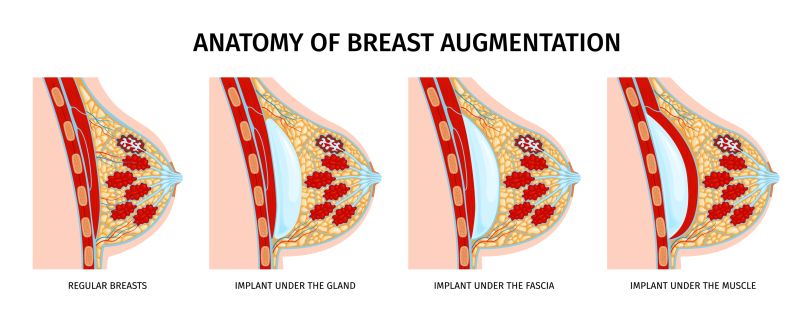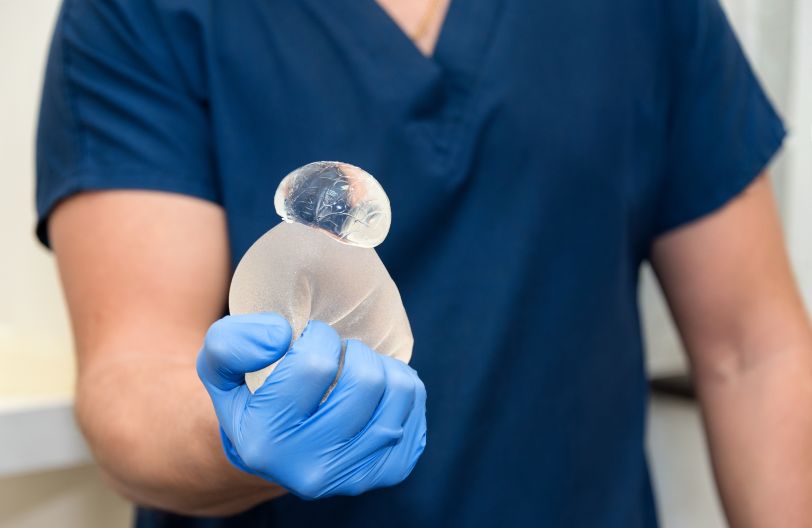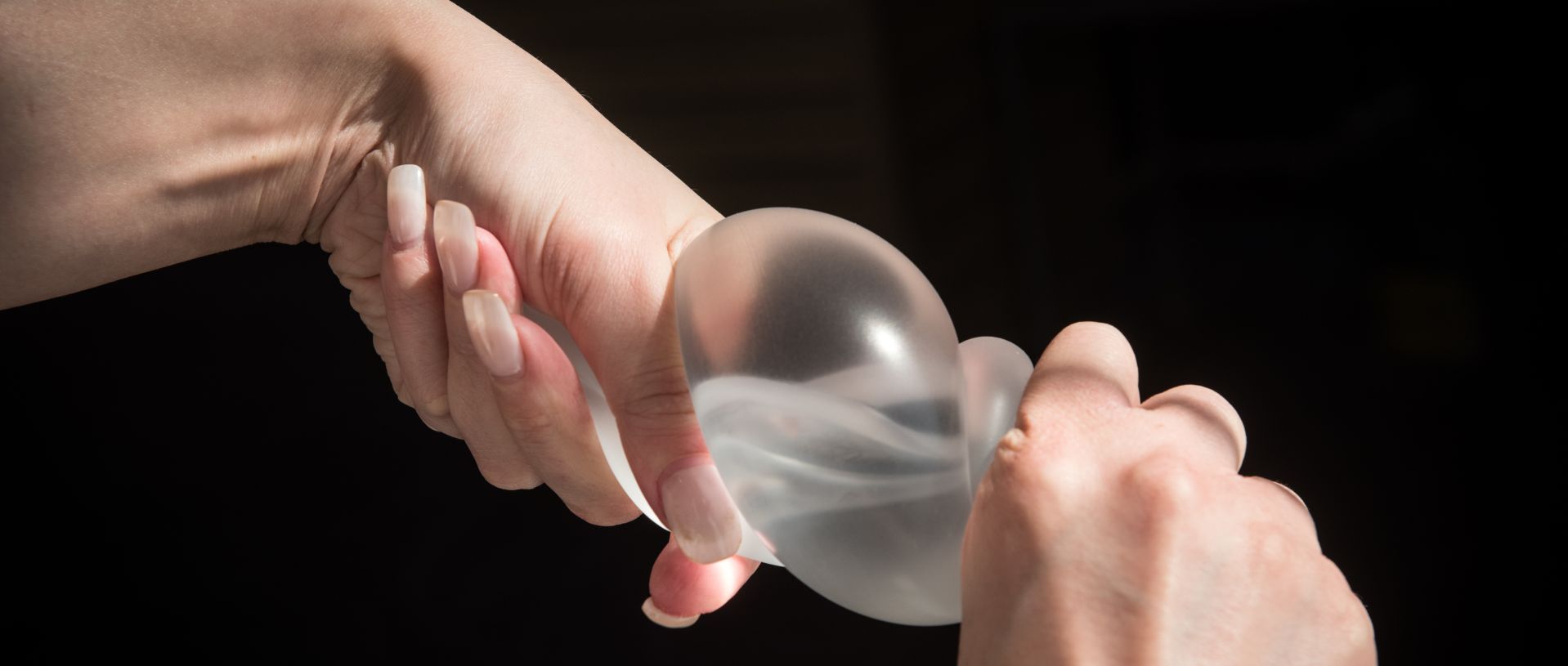What happens when a breast implant ruptures?
Breast implants are a popular choice for women who are interested in breast augmentation or breast reconstruction. While they are generally safe, implant leakage or rupture is possible. Breast implants made of saline and silicone can rupture or leak in different ways. A rupture in a saline implant, which is filled with a sterile saline solution, usually results in rapid deflation of the implant. The saline solution is absorbed by the body without harm, and the deflated implant is easily noticeable. Silicone implants, on the other hand, when filled with a cohesive silicone gel, can leak more slowly. If a silicone implant ruptures, the gel may leak out of the implant and remain within the implant pocket, or it may spread to surrounding tissues. The leakage may not be obvious right away, and the breast shape and size may change gradually. Silicone gel leaks may be less visible and require imaging tests to be detected. Individuals who have silicone implants should be monitored on a regular basis to detect and treat any potential ruptures. If a breast implant rupture is suspected, regardless of implant type, it is critical to consult with Dallas plastic surgeon Dr. Solomon Azouz to determine the appropriate treatment and ensure the patient’s well-being.

Here are some common breast implant leak symptoms:
- Breast Shape and Size Changes: A leaking implant may result in a noticeable change in the shape, size, or symmetry of the breasts.
- Deflation or Flattening: If saline implants leak, they frequently deflate quickly, resulting in a noticeable decrease in breast volume. Silicone implants may leak more slowly, resulting in a gradual change in breast shape and size.
- Unevenness or Rippling: When silicone gel implants leak, the breast tissue may show visible rippling or unevenness.
- Discomfort or Pain: If a breast implant leaks or ruptures, some people may experience discomfort or pain in their breasts. However, not every case involves pain or discomfort.
Treatment Options
If a breast implant rupture is suspected, it is critical to see board-certified plastic surgeon Dr. Azouz for an accurate diagnosis and treatment options. The following are the treatment options for a leaking breast implant:
- Implant Removal: The leaking implant will almost always need to be surgically removed. The affected implant will be carefully removed, and the area thoroughly cleaned by Dr. Azouz.
- Implant Replacement: Dr. Azouz may recommend replacing the leaking implant with a new one depending on the individual’s preferences and circumstances. This can be done concurrently with implant removal.
- Capsule Management: If the leaked implant has resulted in capsular contracture (the formation of scar tissue around the implant), Dr. Azouz may need to perform additional procedures to address and remove the affected capsule.
Recovery
Each person’s recovery time after breast implant removal and replacement will be different. It usually entails:
- Rest and Healing: It is critical to allow the body to rest and heal following the surgical procedure. Board-certified plastic surgeon Dr. Azouz will give you specific post-operative care instructions, such as pain management, wound care, and activity restrictions.
- Monitoring and Follow-up: It is critical to ensure regular follow-up appointments with your Dr. Azouz to monitor the healing process, ensure proper recovery, and address any concerns or complications that may arise.

While it is not always possible to completely prevent breast implant leaks, there are steps people can take to reduce their risk:
- Routine Monitoring: Follow the recommended guidelines for routine breast implant examinations, such as self-examinations and clinical evaluations, on a regular basis.
- Prevent Trauma: Take precautions to avoid trauma or injury to the breast area, which could lead to implant damage.
- Consider Implant Lifespan: Discuss the expected lifespan of breast implants with board-certified plastic surgeon Dr. Azouz and consider replacing them after the recommended timeframe.
Although breast implant leaks are concerning, prompt diagnosis, treatment, and adherence to preventive measures can help address and mitigate the risks. Being aware of the symptoms, seeking professional evaluation, and maintaining regular follow-up appointments with qualified plastic surgeon Dr. Azouz are all essential for maintaining breast health and ensuring long-term outcomes from breast implant procedures.
Posted on behalf of
